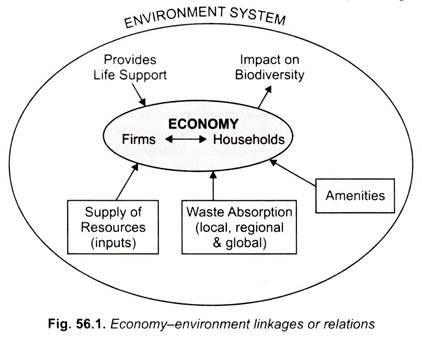With the onset of Covid-19 nature has once again reasonably pointed out the conflict between man and nature; that man is not indispensable and most definitely not beyond nature. Before the onset of the pandemic, it was not uncommon to find Delhi smog stories, air quality deterioration reports and reporting of consistent reduction in the quality of life in urban cities making frequent runs in almost all leading newspapers. However, with the pandemic in play, as much distress and disability it has caused to mankind, it has also initiated a cleanliness swipe of its own on the environment. The has been a significant improvement in the air quality globally including India. With the lockdown curbing the frequency of vehicles in the streets the nitrogen dioxide levels a pollutant generally emitted by vehicles have plummeted drastically as reported by European Space Agency. (Hindustan Times, 23.03.2020). Some other feel good news that have made headlines are:
- Elephants spotted roaming the streets in Kerala
- Nilgai spotted roaming the Delhi NCR regions
- River dolphins have returned in Hoogly, Kolkata
- Tiger sighting increased in Sundarbans due to decline the number of launches and steamers
- Ganga is visibly less polluted with improved colour of water
The pandemic created isolation has worked as an opportunity to understand the robust power of nature, our heavy dependence on natural resources for our functioning, for the economy’s functioning. While it can be argued that the environment cannot flourish at the expense of the economy, the dependent relationship of the economy on the environment and vice-versa needs to be given its due recognition and we should agree to acknowledge that this environment-economy model will not be sustainable unless we appreciate our reliance on mother nature. And this brings us to the discipline of environmental economics and the necessity to learn this field of study.
The Environment- Economy Relationship
The economy of any nation is run by its agents, the actors which include producers, consumers, and the government. Each of these entities are dependent on the environment for resources and their actions in turn determines the impact of environment. For instance, a steel plant depends on the environment for iron ore and coal among others. The production in turn generates a pollutant called fly ash which is damaging for crops and hence human health. The demand for steel and steel products by consumers in turn decide how much would be produced and hence how much environmental damage would be created.

This relationship clearly points out the interdependency of environment and economy. This brings us to the question on sustainability. Since the economy comprises human beings who as per economic theories aim at maximization of their selfish interests, the resource extraction from the environment immediately raises questions as to what is left behind for the next generation. Since most resources used for production purposes are depletable, we need to ask ourselves: are we leaving behind sufficient resources for the future generation? Or are we consuming at the expense of their welfare? What should be the approach to ensure sustainable development without deteriorating the environment at a faster rate than the rate of economic growth?
Herein comes environmental economics to answer questions of this sort!
Why Should you Study Environmental Economics?
The core question is how to allocate the finite resources of earth to meet “the needs of the present, without compromising the ability of future generations to meet their own needs”. Economics, combined with earth system sciences, is crucial for understanding both positive and negative impacts of alternatives and the trade-offs involved. The application of economic principles and empirical findings becomes imperative to meet the rising demands for a decent standard of living given the limited resources. Although economic activities generate pollution, it is not an inevitable consequence. The role of the government comes into play here. Governments implement policies to regulate the level of environmental damage and effluent through various command and control measures like tax or subsidies or pollution standards. The market can be used as well to maintain environmental standards through incentive-based measures such as tradeable pollution permits and Coase Bargaining. Generally, though, these measures will involve some costs there is a tradeoff between a cleaner environment and economic costs. The core questions in environmental economics concern this trade-off or conflict:
- How much needs to be spent on pollution control? Can optimal pollution be zero?
- How do we compare the environmental benefits and costs of adhering to environmental standards? Should everyone be equally proactive in working towards maintaining the environmental standard?
- Do we need the government at all to reduce pollution?
- Who owns clean air? How do we decide how much environmental good or service to be provided? Do we pay for environmental goods?
- Why is there no market for environmental goods? If there is no market, who assesses the damages to environment?
- Why are some companies rampantly violating environmental regulations and how do others follow them? How do we control externalities generated in case of environmental goods?
Courses in environmental economics will vary in the emphasis they give to these issues. Most will include some microeconomic theory, looking at how firms and individuals behave when production or consumption involves externalities. This course will teach you to apply economic concepts and quantitative tools to analyse, value and appraise a wide range of environmental decisions, policies, and problems. You will also learn to look at the methods used to measure environmental benefits, where you can implement your analytical skills. Environmental policy issues will be an important part of this course. With the help of this course, you will be trained to understand some of the especially important issues involving the socio-political economic scenario. Environmental economics is a highly interesting discipline to delve deeper into and I encourage you to take a taste of it!
Visited 3917 times, 3 Visits today


